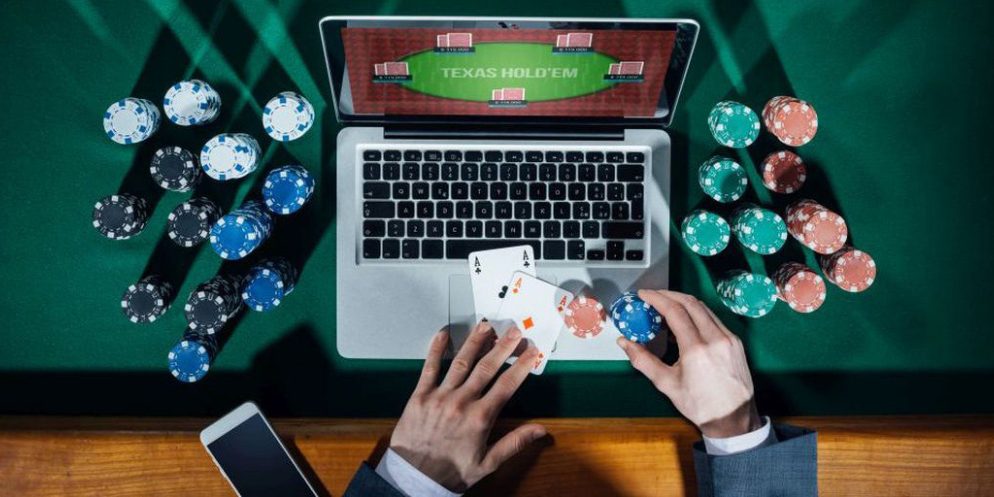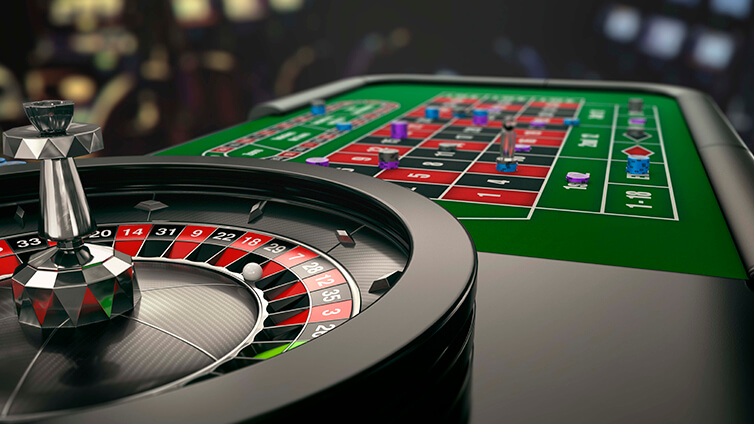
With so many online casinos to choose from, it may seem hard to know which ones are trustworthy and secure. Only use online casinos that have good reputations and are licensed and regulated. Be wary of any casino that isn’t licensed or regulated, as this likely means they are not following proper security and fairness standards. Stick to larger, well-known sites that have been around for a while. Check online casino review sites to see ratings and player experiences before depositing any money.
Use secure payment methods
When depositing funds, use only secure payment methods like major credit cards, PayPal, or pre-paid cards. Avoid sending cash or doing bank transfers, as these offer little recourse if something goes wrong. Credit cards allow you to dispute charges if issues arise. PayPal also offers buyer protection. Pre-paid cards are safest, as even if compromised, thieves only access the limited funds on the card. Never provide personal or financial information over unsecured connections or to unverified parties. Online casinos will usually only require your name, DOB, and address to set up an account. Provide the minimum info necessary and avoid entering credit card numbers or other data on unsecured forms.
Use strong passwords
Always use unique, strong passwords for your online casino accounts. Avoid reusing passwords across multiple sites. Using a combination of uppercase letters, lowercase letters, numbers, and symbols is the key to a strong password. Using a password manager helps generate and store strong passwords without having to remember them all yourself. Enable two-factor authentication if available. If downloading High 5 Casino Free Coins software like slots or poker apps, make sure it is from a legitimate source. Beware of fake gambling apps that may infect devices with malware. Ensure that your systems are patched and up-to-date by installing anti-virus software. Never install unnecessary software or plugins at the request of an online casino.
Avoid public Wi-Fi
It’s best to avoid logging into casino accounts or making deposits over public Wi-Fi. Public connections are easier for hackers to intercept. Only log in or play games when on a private, password-protected network. Avoid using public computers or devices as well, as they may have spyware. Keep a close eye on your online casino accounts, just as you would with a bank account. Check balances often and look for any suspicious activity, like withdrawals you did not authorize.
Most sites offer a transaction history showing your deposits, withdrawals, bets, and account balance. Immediately report any unauthorized charges that have been made. Setting limits and managing bankrolls wisely are important parts of gambling responsibly. Only wager what you can lose, and take a break if on a losing streak. Keeping deposits small and spread across multiple sites limits exposure. Self-excluding from sites is an option if gambling becomes unhealthy.

